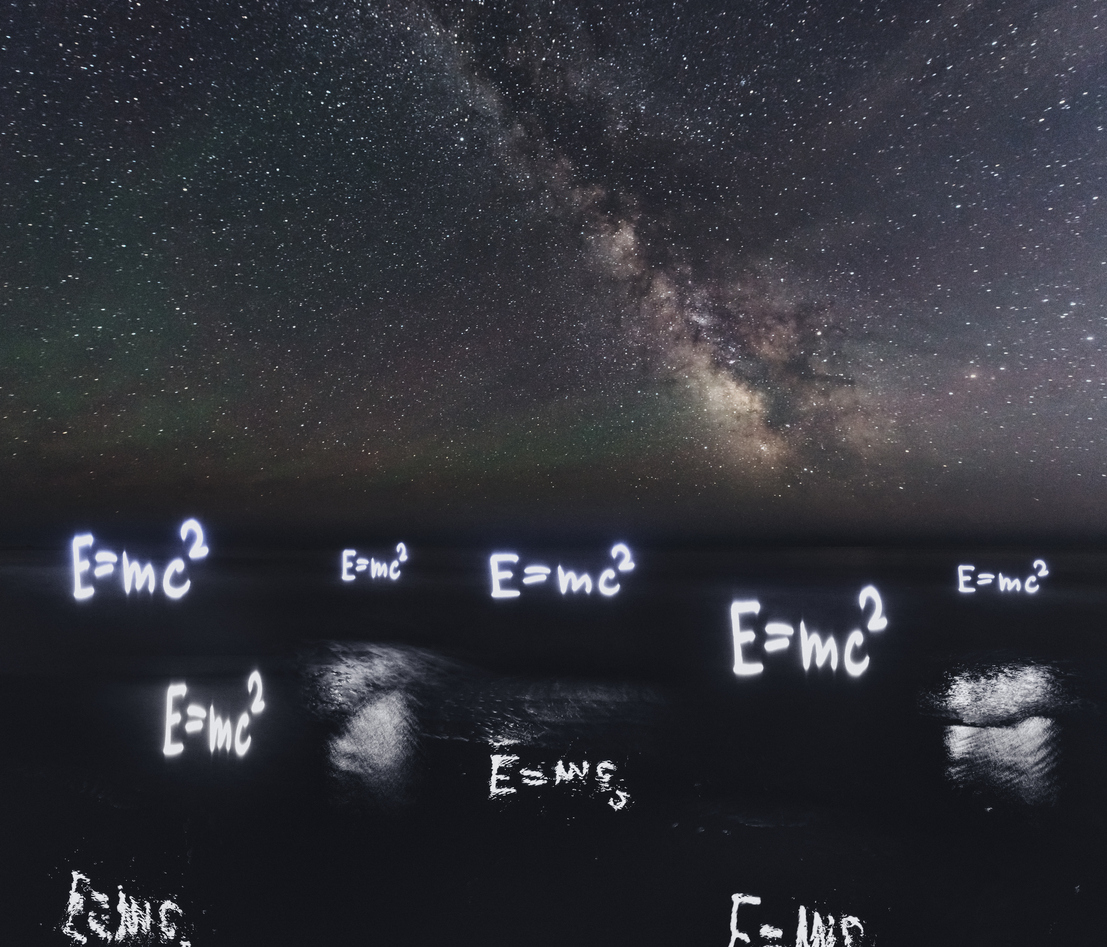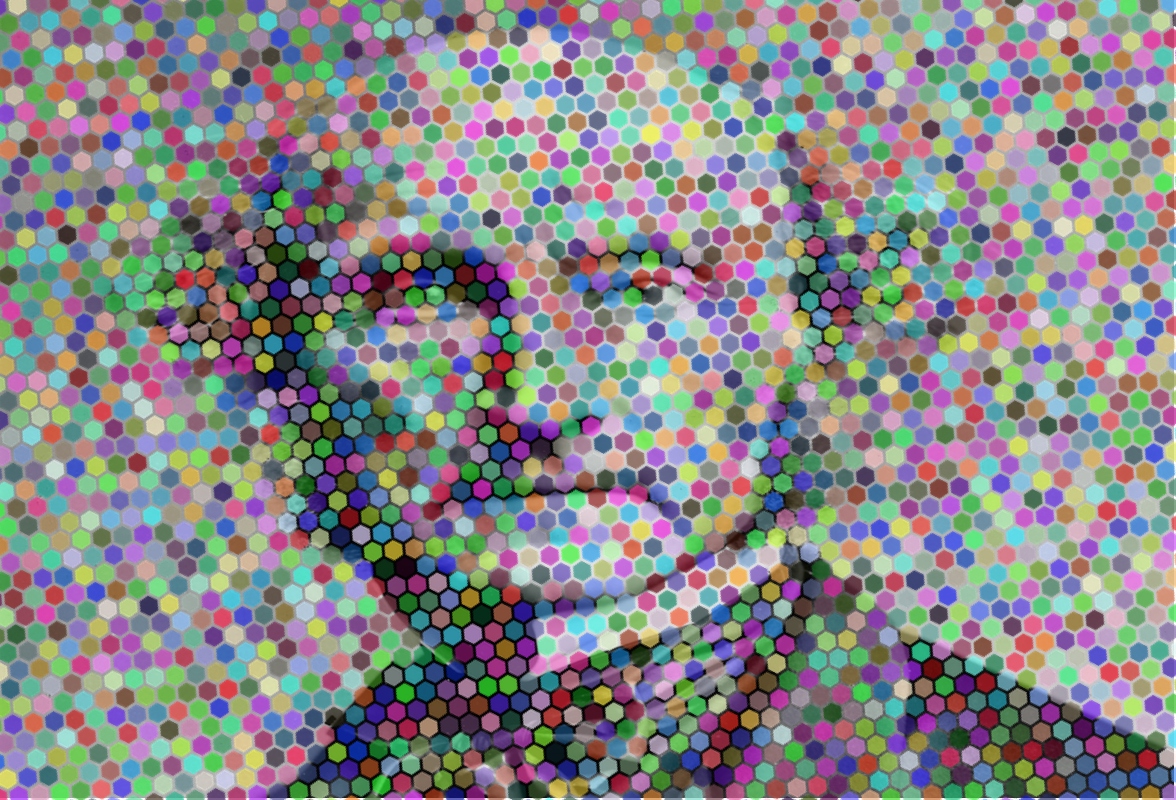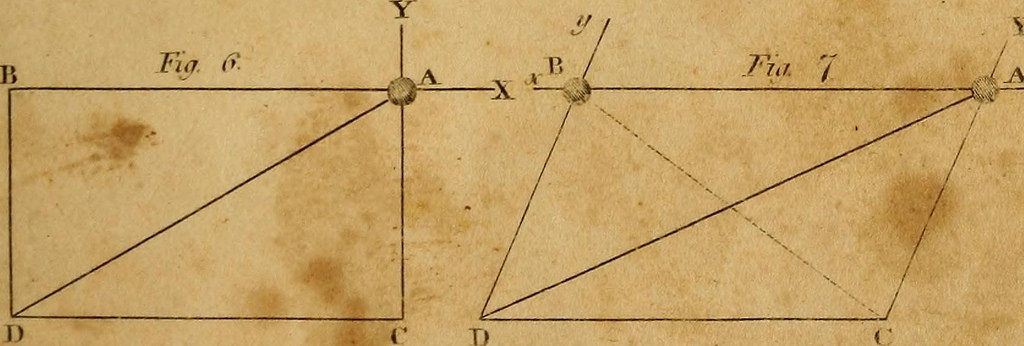Leo Strauss would want us to pursue the question of teleology in nature. Natural right depends on it.
Clarifying Questions: How Can Philosophy Guide Science?

Ellmers and Wise’s skeptical philosophers will have to speak to the scientific academy in its own language. These are the questions that need answering.
Glenn Ellmers and Eric Wise argue that modern science is going through a crisis akin to that in modern politics. Unmoored from the guidance that skeptical political philosophy once provided concerning man’s final end, both modern science and modern politics have gone astray. Modern politics has strayed away from the pragmatic practice of classical liberalism into progressivism, identity politics, and a project of radically and continuously transforming the nature of human rights. Meanwhile, modern science finds itself in an increasingly precarious position with regard to both the progress of research and the ends to which that research is directed: Bacon and Descartes conceived of their new science as way to relieve man’s estate, but many of natural science’s disciplines have stalled, while others have advanced into discoveries that are of dubious benefit.
Ellmers and Wise advocate a bold, timely, and prudent solution to the twin crises of modern politics and modern science: install skeptical or political philosophy as the queen of the sciences. Their solution is bold because many in the academy today do not regard such philosophy as a rigorous discipline; timely, because many disciplines are hemming and hawing before ethical quandaries or stalling out for lack of progress; and prudent, because the ancients’ skeptical political philosophy has an unmatched capacity to describe the relationship between theory and practice. Its distance from both modern politics and modern science also gives it an ideal vantage point from which to describe the crises.
The only thing harder than persuading philosophers to be kings and people to be ruled by philosophers would probably be to persuade scientists to listen to politics majors. Flush with federal grants and exalted in public opinion, research scientists are the Caesars of the academy, riding in continual triumph. The crisis of their scientific discipline is less an existential crisis than a crisis of conscience, less a defeat than a warning—like the one whispered into the ears of Rome’s victorious generals: “Remember, you are mortal.”
In order to persuade the scientists, Ellmers and Wise’s skeptical philosophers will have to speak to the academy in its own language. Because the spirit of Descartes and Bacon still rules, that means showing scientists how skeptical philosophy can provide clear and distinct guidance for relieving man’s estate. As a friend to Ellmers and Wise’s project, and in the spirit of skepticism, I offer two sets of questions.
First, how precisely would skeptical philosophy clarify modern science’s crisis?
- Is there in fact one crisis in modern science arising from a single cause, or are different disciplines afflicted by different crises, each with its own distinct cause?
- Does the abandonment of teleology explain modern science’s crisis as well as it explains that of modern politics?
- Is it possible to distinguish between two different ways of abandoning teleology: on the one hand, the decision to suspend deliberation concerning man’s final end, and on the other, the decision to suspend deliberation concerning the hierarchical order of the natural cosmos? If such a distinction is reasonable, can one or the other of these decisions be responsible for contributing more or less to each of modern science’s various crises?
- Modern science and modern politics alike are characterized by merging modes of thought that classical political philosophers separated: thinking, acting, and making (theoretike, praktike, poietike). Although this merging is connected to the abandonment of teleology, could it be understood as a distinct cause of at least some of the crises of science?
- One of the great barriers to modern science’s progress is that most non-scientists do not understand the distinction between science and technology, episteme and techne. What guidance could skeptical philosophy offer with respect to this particular problem, either for the scientists themselves or for the popular understanding and application of their discoveries?
- Jacob Klein has identified modern mathematics as a key element of the difference between the ancients and moderns, one distinct from Machiavelli’s political revolution. To what extent are the various fruits that have resulted from the practice of modern mathematics severable from the modern political project?
If skeptical political philosophy provided guidance to modern natural science—not only in theory, but in practice and in poiesis, as well—what form would it take?
- Disciplines such as genetics, robotics, and cybernetics face ethical crises as a result of swift progress: could philosophy, by restoring a teleological perspective concerning human nature, help resolve these crises? Could philosophy help these disciplines distinguish between the natural and the artificial modification of human nature in such a way as to preserve human capacities for moral action and contemplation?
- Psychology faces a replication crisis that has called into question the credibility of many of its core findings. Nevertheless, psychology remains a significant source of therapeutic guidance, and it has provided a kind of modern surrogate for ethics. This surrogate ultimately leans upon Post-Enlightenment hypotheses about human nature. Does this crisis in psychology present philosophers with an opportunity to substitute different hypotheses for the conduct of psychological research and therapeutic practice?
- Quantitative political science still remains largely as Leo Strauss found it in the 1950s: lacking the confidence to predict when the next great war will occur, much less how to prevent it. Could classical political philosophy provide alternative theoretical principles that would serve as the basis for experimental research and for the statistical analysis of electoral and foreign politics?
- Progress in theoretical physics has slowed, undermining many of its hypotheses in favor of conclusions that confirm more teleological or more hierarchical accounts of the cosmos. Could skeptical political philosophy provide teleological guidance to theoretical physicists without becoming the classical equivalent of Young Earth science?
- Computer science has prodigiously increased our capacity to produce probabilistic calculations of human action. This has given birth to “data analytics,” a new and ostensibly scientific activity. Even as data analytics achieves greater sway over the economy (through high frequency trading) and politics (through the algorithmic prediction of domestic and foreign political and social behavior), it has suffered high-profile reverses (such as the market crash of 2008). Aristotle identified analytics as the art concerning probabilities, but he regarded the attempt to gain quantitative precision in these matters as perilous. Could classical political philosophy retrofit data analytics to make it more accurate and less volatile?
- According to Leo Strauss’s interpretation, philosophy arose out of reflection upon the city, and reason exists in relation to its reflections upon revelation. Now, authors ranging from Straussians like Dustin Sebell to moderns like Jordan Peterson have begun to suggest that scientism represents a new revelation. Are such suggestions credible, and ought skeptical philosophers approach science as a sort of new revelation? Or ought modern science to be taken at its word and approached as a new kind of science?
Man’s desire for a coherent teleology is perennial, perhaps ineradicable: as Horace reminds us, naturam expelles furca, tamen usque recurret (Drive Nature out with a pitchfork, she’ll come right back). Whether or not our abandonment of teleology is the sole or chief cause of the crises in modern politics and science, both of these crises demand a more coherent order for man and the world. If it is the sole cause, then classical philosophy’s restoration of teleology as a principle of politics, science, and the arts could be a service of incomparable value to statesmen and scientists. But even without this, skeptical philosophy’s ability to describe or to circumscribe teleology will surely be an essential step in articulating the roots of the modern crises. Such an articulation could begin by distinguishing between modernity’s two roots and the two roots of its crises: one the one hand, Machiavelli’s decision to abjure the consideration of higher ends in politics, and on the other, the development of modern mathematics and science by Vieta and Descartes.
The American Mind presents a range of perspectives. Views are writers’ own and do not necessarily represent those of The Claremont Institute.
The American Mind is a publication of the Claremont Institute, a non-profit 501(c)(3) organization, dedicated to restoring the principles of the American Founding to their rightful, preeminent authority in our national life. Interested in supporting our work? Gifts to the Claremont Institute are tax-deductible.
Could it be that the “Aristotelian” teaching of teleology is exoteric?
Even in a time of unbounded technology, feel-good utilitarianism has its limits.
Across the scientific disciplines, today's problems arise from the same root cause.
Responses to Glenn Ellmers and J. Eric Wise's argument for an invigorated political philosophy that addresses the looming problems of modern science.





